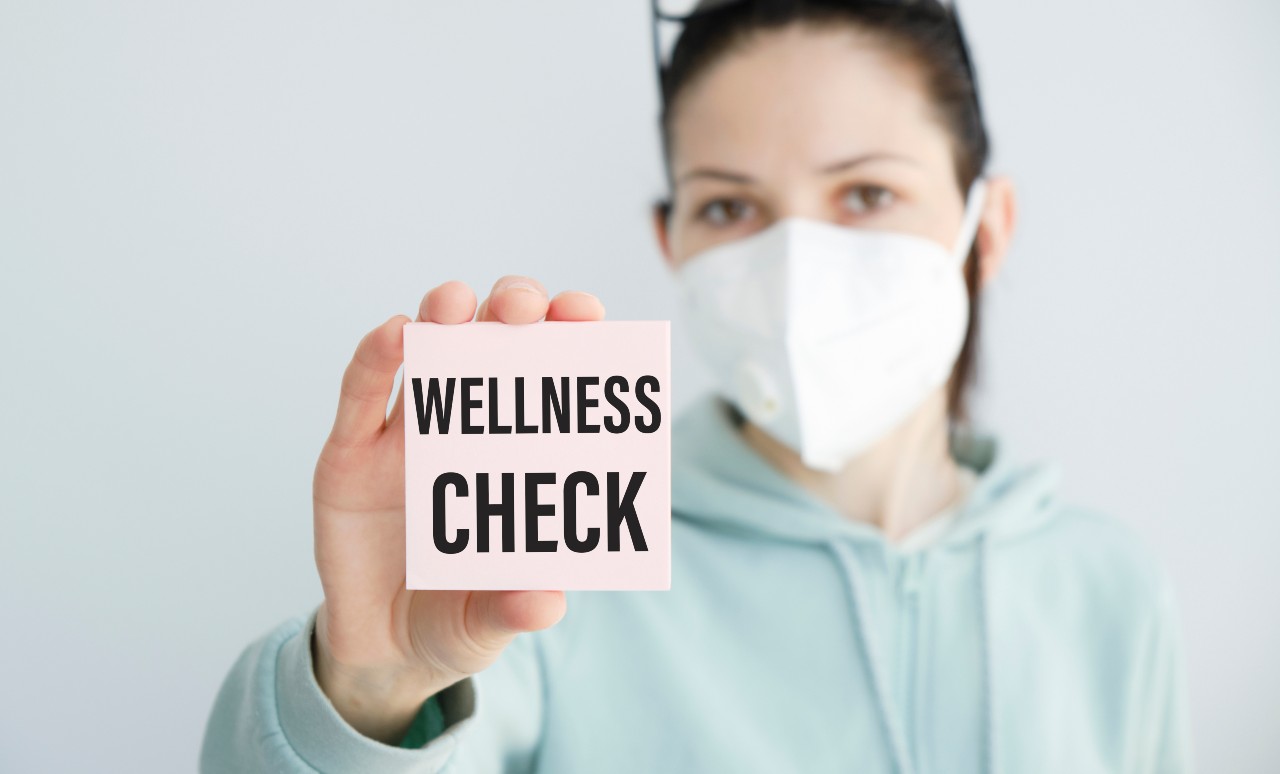Most of us don’t visit the doctor until something is glaringly wrong like a high fever or maybe a skin rash or some other problematic symptom that does not seem to resolve itself. This is especially true during the raging cold and flu season. We often know when something is wrong due to new symptoms, but what about staying on top of our health to prevent any long-term issues that may arise? Many of us don’t seek help until after something is amiss. However, preventative medicine is a way to help ensure we are on top of our health game no matter the season or sniffles that may come our way.
Innova Primary Care is always here for our patients. We seek to reform healthcare from the inside out, and we do this by empowering our patients with information. Patient-centered care is our goal, which entails working alongside our clients to help them live their best lives. We know wellness is more than just being okay in the present moment. We want to see our patients thrive and know this happens through preventative care. Don’t wait until you are sick to begin caring for yourself! Preventative care is something everyone can do to keep their health in check.
What is preventative care?
Preventive care is much like it sounds: taking preventative measures to ensure health. It involves taking steps to prevent health issues before they arise or find health risks before they become problematic. In essence, it is what you do before you get sick to help you remain healthy. Preventative care takes many forms, which we will delve into deeper as we move along this blog post.

Wellness checks are preventative care
We all go to the doctor when we don’t feel well, hoping for a solution to our illnesses. However, one aspect of preventative care involves wellness checks and visits to the doctor, who updates you on your current health. The problem here is that one out of every four Americans skip their wellness visits because they don’t feel bad. The issue here is that wellness checks are also considered preventive screenings. During these visits, your healthcare provider will do basic blood work, check your blood sugar levels and triglycerides, check your weight, ask about any immunizations or health changes over the past year, and chat with you about any issues you may have. You may not feel bad, but your bloodwork may catch problems in their early stages, allowing for lifesaving interventions.
Wellness checks allow time for you to speak with your physician about any concerns you may have and help give you information to keep you on your health path. Even if you feel great, Innova Primary Care suggests you follow through with your annual wellness checks to ensure your health and keep you moving forward.
Types of preventative care
Apart from your annual wellness visit, preventative care takes on many meanings. Let’s define a few:
Immunizations:
Immunizations are crucial for children, but did you know they are also essential for adults and fall under the preventative care category? Every adult 19 and over should consider the yearly FLU vaccine. While the FLU vaccine may not prevent contraction of the FLU, it does help lessen the severity.
As we age, the immunization recommendations change. The CDC recommends a Tdap vaccination to protect against whooping cough for any adult who did not receive one as an adolescent. A Td (tetanus, diphtheria) booster shot is recommended every ten years. If you are over 50, you should consider a zoster vaccine to help prevent shingles or any complications.
The vaccination recommendations for people over 60 change yet again. In addition to a FLU vaccine and ones for Td and Shingles, the CDD recommends precautionary vaccines for pneumococcal disease.
Immunizations can help keep you safe when it comes to preventable diseases.
Cancer screenings:
Another aspect of preventative care is preventive screenings. This becomes especially true as we age. Early detection is crucial, and we know that for many cancers, there aren’t warning signs—for example, mammograms. The American Cancer Society recommends screenings starting at age 40 for women with low risk. If you have a familial history or are at higher risk, you may need to begin screening earlier.
Preventative screenings for colorectal cancer start at the age of 45 for those who have no familial history or have no symptoms.
Mental health screenings:
One aspect of your wellness check will include screenings for mental health. Often, we may not be aware of any depression or anxiety, but screening for such can be an invaluable tool alerting us to mental health issues we aren’t even aware of.
For adults over 65 without any symptoms, a dementia survey may be in order regardless of symptoms. Medicare requires a cognitive impairment assessment, and can be crucial to identifying any underlying concerns.

Lifestyle adjustments that are considered preventative care
We have said it before and will repeat it: so much of preventative care begins with your lifestyle. How you live your day-to-day life does so much regarding your overall health. This does not mean you cannot enjoy the occasional treat or alcoholic beverage. However, research shows that a healthy lifestyle does much to encourage longevity. A diet rich in whole foods and full of nutrients, abstinence from alcohol and nicotine, and a life enriched with loving relationships go a long way toward preventative care.
What can you incorporate today that will help you have a healthy tomorrow?
Preventative care is lifesaving
Prevention is the cure. While you may feel your absolute best, it is always important to take charge of your health through wellness checks and preventative screenings. Innova Primary Care wants to see our patients thrive. We know that prevention is worth its weight in gold.
If you are looking for ways to create a healthy lifestyle, we are here to help. Reach out, and let’s get you living your best life.



 About
About

 About
About About
About About
About
 About
About About
About

 About
About About
About About
About About
About











